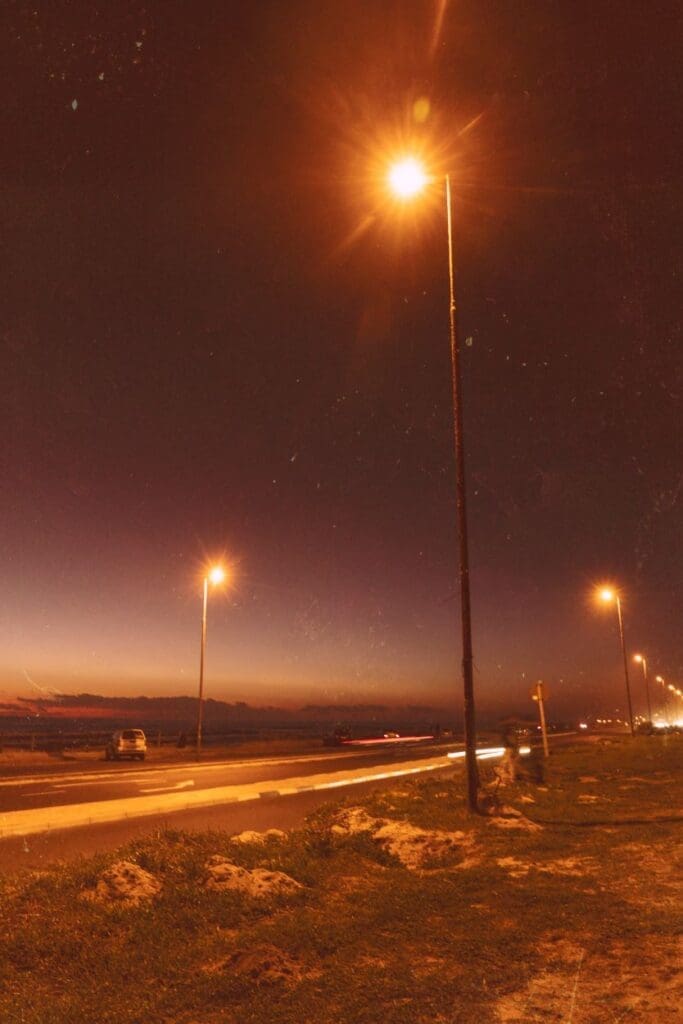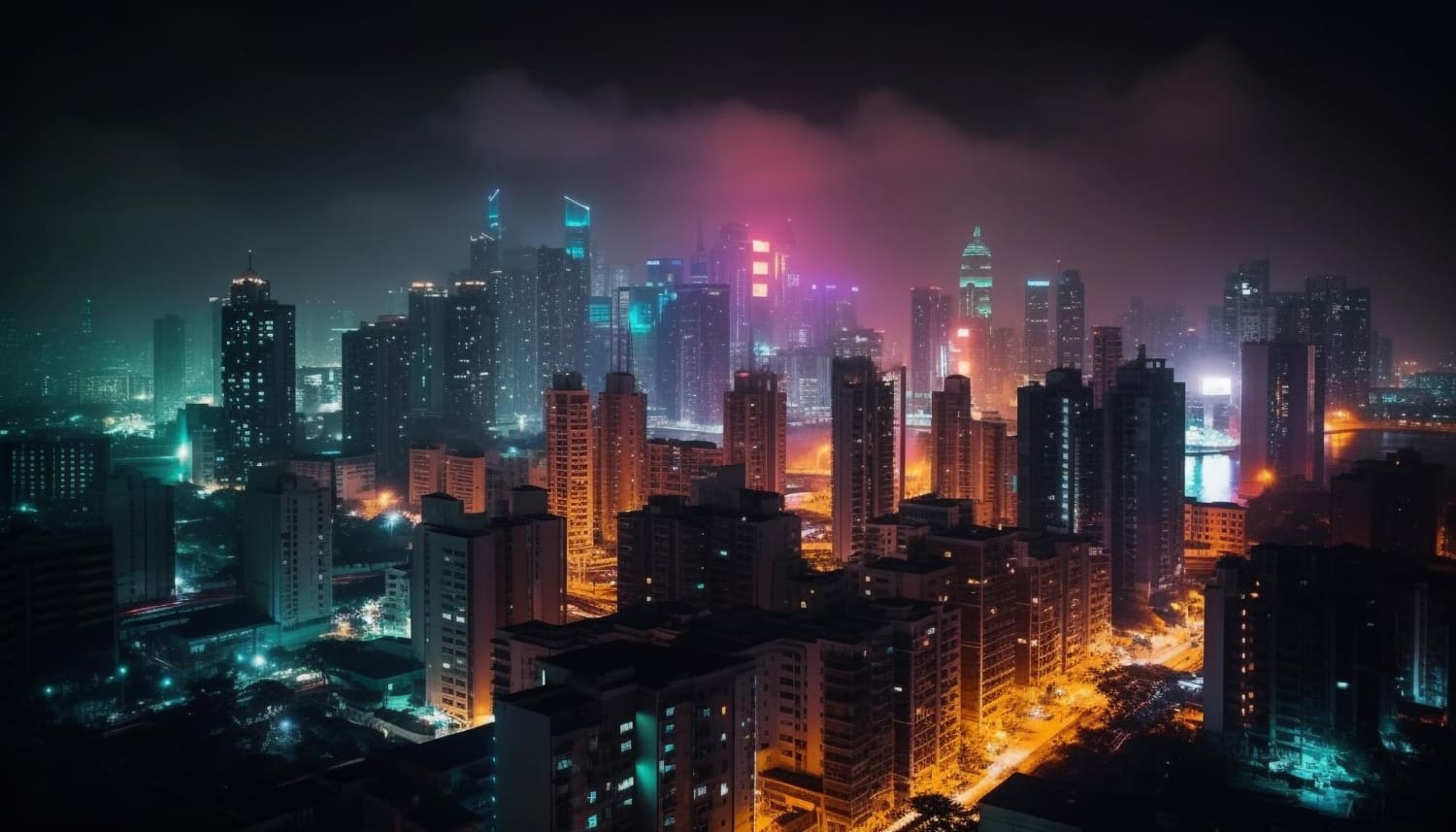Light pollution has become an increasingly concerning environmental issue that not only affects our view of the night sky but also has broader implications for ecosystems and human health.
The publication titled ‘Light Pollution – Mitigation Measures for Environmental Protection‘ on the European Data Portal (https://data.europa.eu/doi/10.2779/906521) sheds light on the critical aspects of this problem and provides valuable insights into mitigation measures for the preservation of our environment.
Light pollution is the excessive, misdirected, or obtrusive artificial light produced by human activities. It interferes with the natural darkness of the night sky, disrupting ecosystems, wildlife behavior, and human well-being. The publication delves into the different forms of light pollution, such as skyglow, glare, and light trespass, and their far-reaching consequences.
The publication presents comprehensive research findings and data-driven insights into the causes and effects of light pollution. It highlights the impact on biodiversity, ecosystems, and the circadian rhythms of both wildlife and humans.
The document provides a set of mitigation measures that can be implemented to address and alleviate the adverse effects of light pollution.
- Outdoor Lighting Guidelines: The publication emphasizes the importance of adopting responsible outdoor lighting practices. Implementing guidelines for the design and installation of outdoor lighting can significantly reduce light pollution. This includes shielding lights to prevent upward glare and choosing warm-colored, low-intensity bulbs.
- Community Engagement: The document stresses the significance of community awareness and engagement in mitigating light pollution. Local communities, businesses, and governments can work together to raise awareness, educate the public, and implement policies that promote responsible outdoor lighting.
- Legislation and Policies: The publication discusses the role of legislation and policies in curbing light pollution. Governments are encouraged to enact and enforce regulations that limit unnecessary outdoor lighting, especially in ecologically sensitive areas.


Global Impact and Collaborative Efforts
Light pollution is a global issue that requires collaborative efforts. The publication explores case studies and successful initiatives from around the world, demonstrating how communities and organizations have come together to tackle light pollution. By sharing best practices and learning from successful examples, we can develop a collective approach to preserving our natural night environment.
The publication on “Light Pollution – Mitigation Measures for Environmental Protection” serves as a valuable resource for researchers, policymakers, and the general public interested in understanding and combatting light pollution. By implementing the recommended mitigation measures, we can not only protect our night skies but also contribute to the overall well-being of ecosystems and human societies.
In conclusion, the document provides a roadmap for a more sustainable and environmentally friendly approach to outdoor lighting, emphasizing the importance of responsible practices to ensure a harmonious coexistence between humans and the natural world.
Source: European Commission, Directorate-General for Environment, ‘Light pollution – Mitigation measures for environmental protection’, Publications Office of the European Union (2023). DOI: 10.2779/906521 https://data.europa.eu/doi/10.2779/906521
Featured image credit: stockgiu | Freepik (AI Gen)




